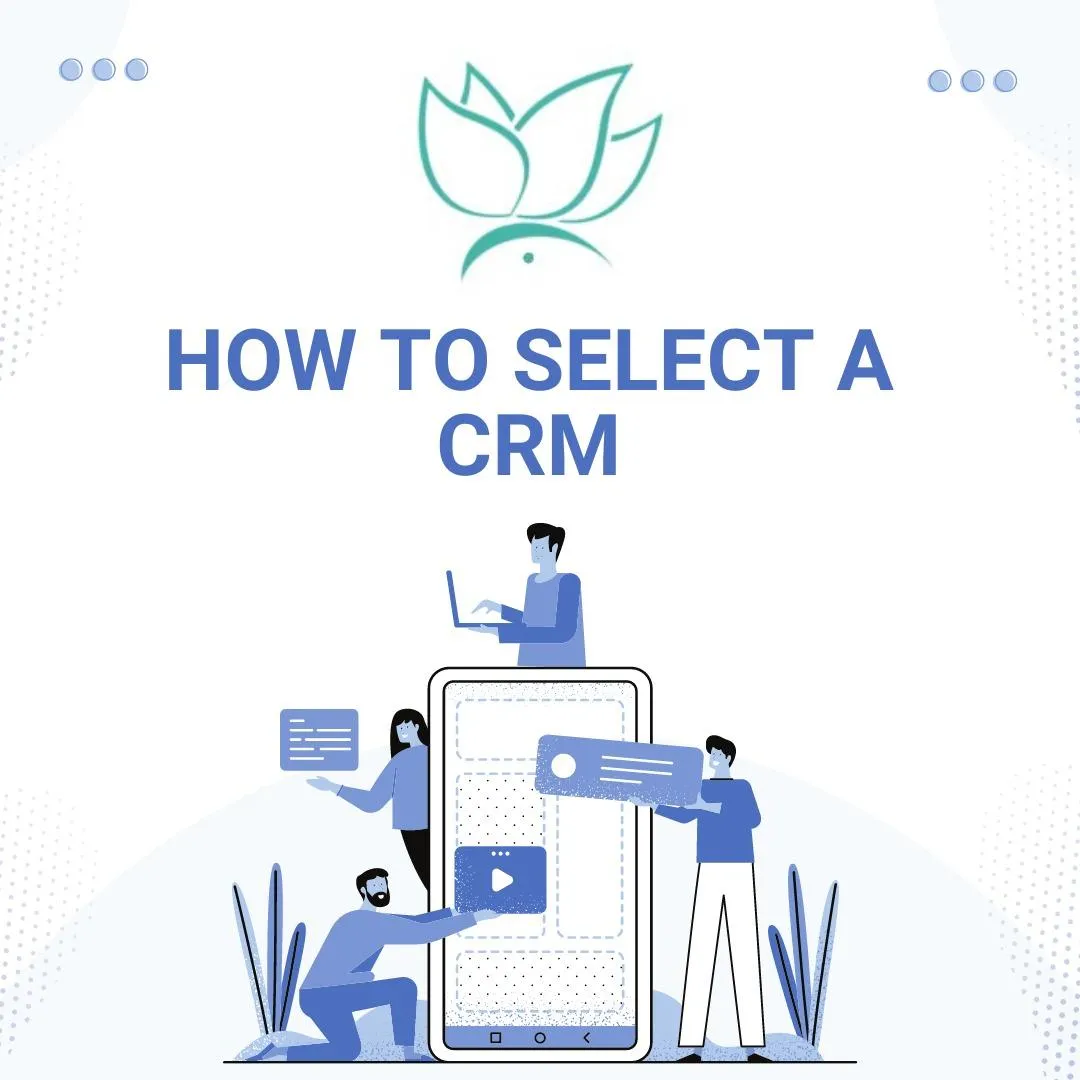
How To Choose the Best CRM for your Business - A 2024 Checklist
Selecting the right along with the best CRM software is crucial for boosting business efficiency and improving customer relationship management. With a wide variety of CRM solutions available, choosing the right one can sometimes be difficult.
This guide will help you navigate the CRM selection process by outlining essential considerations, including cloud-based CRM options, key features like automation and scalability, and finding the best CRM software tailored to your business needs.
Core CRM Functionalities to Look For
1. Sales Automation
○ Evaluate the CRM's capabilities in automating sales processes to enhance productivity. Check for features like auto-populating records and ensuring data accuracy.
2. Contact Management
○ Look for tools that organize and manage contacts efficiently. The CRM should provide a centralized database, track interactions across channels, and support team collaboration.
3. Lead Management
○ Assess functionalities for automating outreach and lead nurturing. Ensure the CRM integrates well with other tools in your lead management process.
4. Workflow Automation
○ Ensure the CRM supports automated workflows throughout the customer journey, from initial contact to customer advocacy.
5. Marketing Functionality
○ Investigate the CRM's marketing tools, including email marketing automation, audience segmentation, and campaign tracking capabilities.
Platform Requirements and Other Criteria

1. Customization and Integration
○ The CRM should offer customization options and integrate seamlessly with existing systems to enhance functionality.
2. Security and Compliance
○ Ensure the CRM meets your data security and privacy requirements, providing necessary governance tools.
3. User Experience (UI/UX)
○ The interface should be intuitive and consistent across devices, including offline capabilities.
4. Scalability and Implementation
○ Consider whether the CRM can scale with your business growth and offers comprehensive onboarding and training.
5. Cost and Vendor Support
○ Look for transparent pricing and evaluate the vendor's customer support options, including technical support and online resources.
Evaluating CRM Software for Your Business
● Identify Business Needs
○ Engage with stakeholders to understand the most valuable CRM features for addressing business pain points.
● Create Evaluation Criteria
○ Use gathered requirements to establish evaluation criteria, guiding the selection process.
● Compile and Narrow Down Options
○ Research available CRM solutions, narrowing down to those that align with your criteria.
● Test and Score Each CRM
○ Utilize free trials or demos to experience each CRM firsthand, scoring them based on your evaluation criteria.
● Seek Feedback and Approval
○ Discuss findings with stakeholders and gain approval for the selected CRM option.
Conclusion
Following a structured approach to CRM evaluation ensures you choose a solution that aligns with your business objectives. By focusing on core functionalities, platform requirements, and practical evaluation techniques, you can select a CRM that enhances your business operations and supports growth.